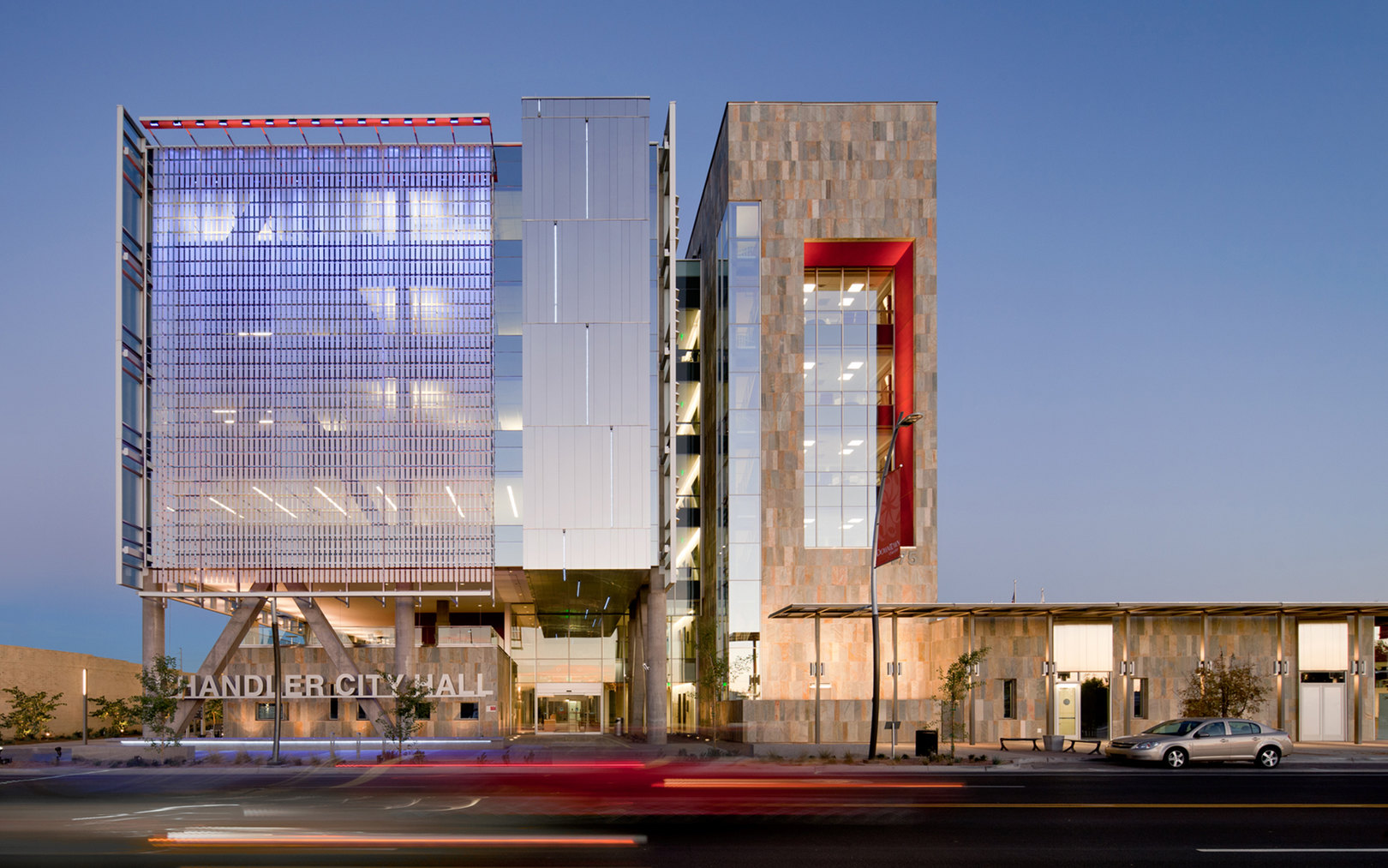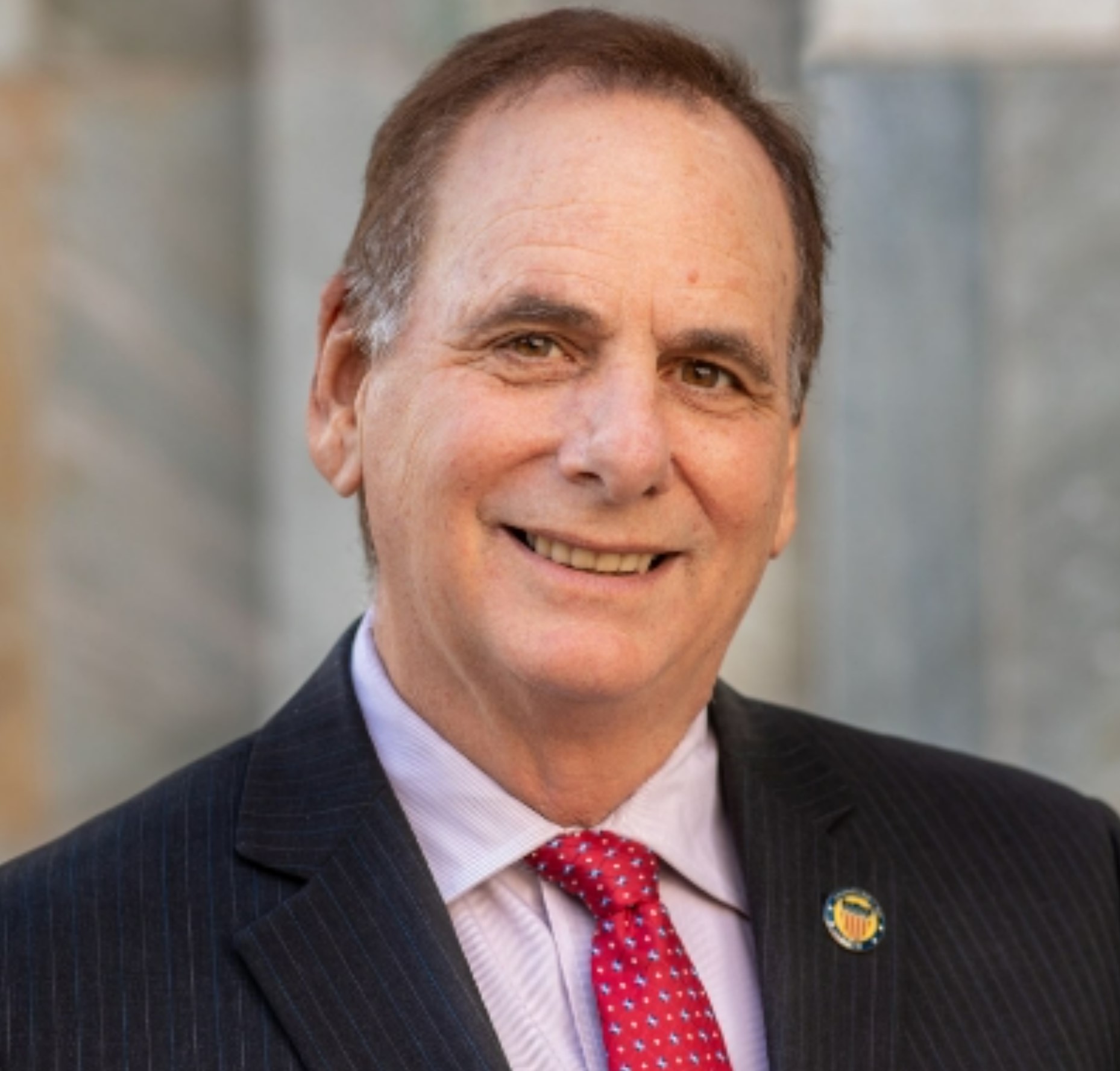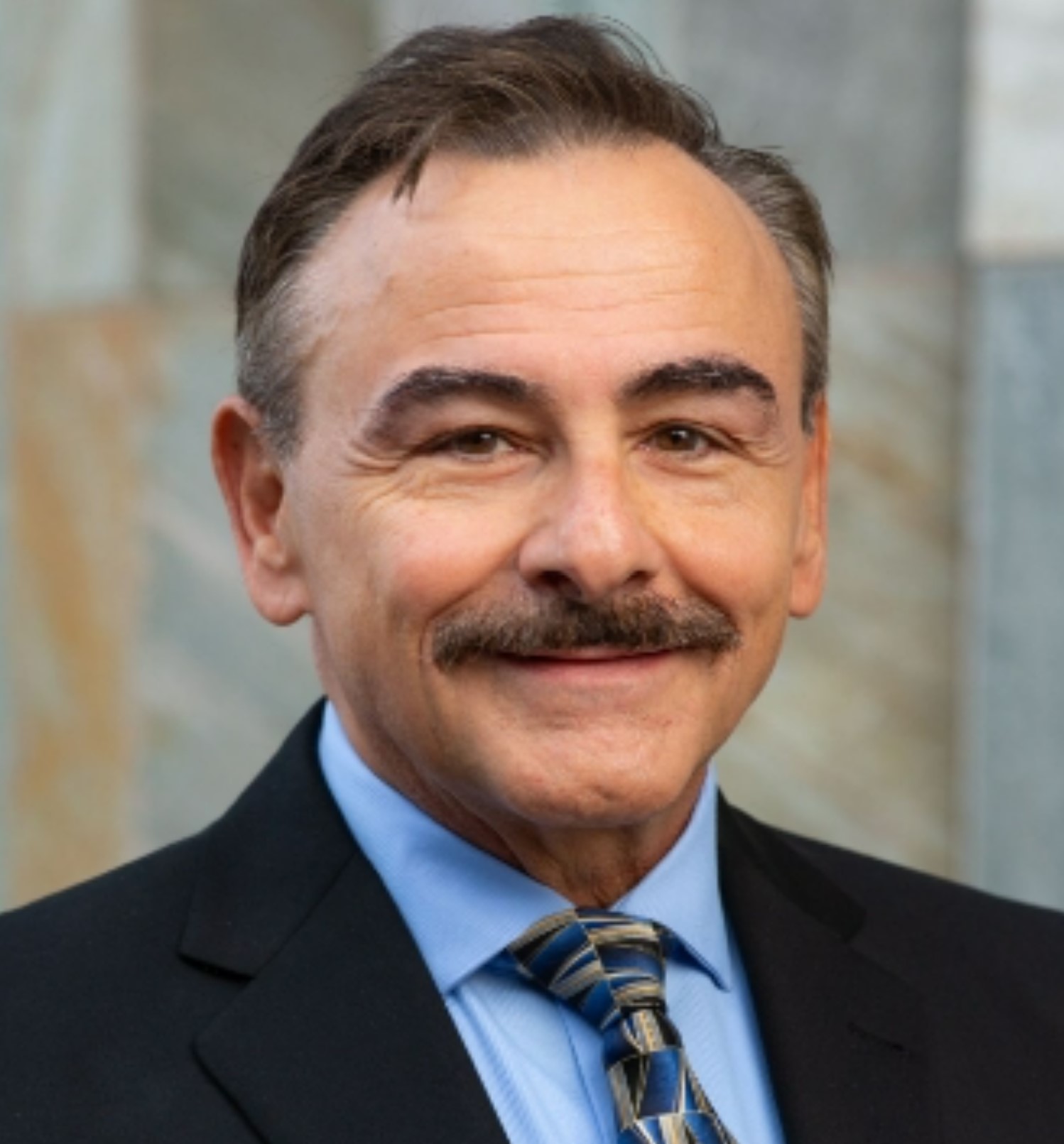
Chandler Mayor Kevin Hartke and incumbent City Councilman Matt Orlando appear headed for re-election in results released shortly after 12:40 a.m. Wednesday in the city’s primary election.
Chandler once again has overwhelmingly approved a home-rule measure that gives the city permission to spend its money as it sees fit rather than being bound by an antiquated state spending formula. Proposition 470 has 86 percent approval.
Chandler voters had approved home rule for local budgeting control 10 consecutive times dating to 1982.
Final results of all races likely will not be known until late this week, according to Maricopa County elections officials.

Hartke, 66, a 37-year resident of Chandler, has a commanding lead, polling 77 percent of the vote in his race against challenger Ruth Jones, 55, a mortgage loan officer and Chandler politics neophyte. She has lived in the city for two years.
“With 77 percent, it is looking pretty good,” Hartke said from his election-night headquarters at Ginger Monkey in south Chandler. “Certainly we are grateful to the people of Chandler who believe in us and support us, and we thank them.
“I think that by continuing to offer a high quality of life at a low tax and low cost of service they responded to that. Those are things that are important to me on the short term and on the long term.”
Hartke, an associate pastor at Trinity Christian Fellowship, joined the City Council in 2008 and served two full terms before being elected mayor in 2018.
He said that in his second term he will work for an extension of the Maricopa County half-cent transportation sales tax, known as Proposition 400.
“With Proposition 400, we would see a direct impact in Chandler with widening of Loop 202 to accomodate increased traffic, improved intersections as well as improved bus service,” he said.
Hartke said he also will address affordable housing in his second term.
“We have a housing authority,” he said. “Chandler has over 300 units of Section 8 housing. At our last Council meeting we began looking at providing senior and veterans housing, 137 units. I hope to see more public-private agreements to help us with that.
“It’s a challenge. We’re close to five percent buildout. After the Intel announcement ($20 billion investment to build two more chip plants in south Chandler) property has just been gobbled up in Chandler. So we won’t be able to make massive changes but we’ll do what we can do.”
Continuing to ensure that Chandler has adequate water also is an ongoing priority, he said. Hartke said he plans to appoint Orlando as the city’s point person on water issues.
On the short term, the mayor wants to complete a hiring program to restore city staffing levels after COVID-19.
Orlando, 66, a 38-year resident of the city, has 27 percent of the vote and is headed for outright victory in a tight race for three seats on City Council.
Later Wednesday morning, Orlando is headed for the operating table for a knee replacement, so he celebrated from his home Tuesday night.
“We’re in good shape,” Orlando said. “I’m just excited, humbled and, quite frankly, honored. I can’t wait to get back to work and I just have to say ‘thank you’ to the Chandler residents. We delivered literature to 55,000 doors.”
The field is packed right behind Orlando for the second and third seats on the Council.
Jane Poston, 53, a 13-year resident of the city, has 21 percent of the vote. She is owner/partner in J2 Media and is a former employee of Chandler’s public-information office.
Poston holds a slight edge on third-place Angel Encinas, who has 20 percent of the vote. Encinas works with community members to provide legal status, employment opportunities, housing and community services.
If those numbers hold up, Poston and Encinas would be elected outright, however Darla Gonzalez, in fourth place, is not far behind with 18 percent.
Farhana Shifa is fifth at 14 percent.
Gonzalez, 56, is an 18-year Chandler resident. She is self-employed at Gonzalez Professional Services and is grassroots director For Az Free Enterprise Club.
Shifa, 46, has lived in Chandler for 16 years. She owns The Joy of Fine Arts.
A runoff election would be Nov. 8, if necessary.
Orlando said that in his second term he will push for more resources for the Fire and Police departments.

“We have to fix some holes in our Police Department, with more detectives and more resources for those folks,” Orlando said. “We’ll take a hard look at our parks and recreation programs and make sure we beef up those facilities. We need to start refreshing some of our water facilites that are 35, 40 years old.
“And I want to start working on our next Intel. I want to get another one.”
Chandler neighborhoods also are on his radar.
“We have to figure out a better way for clean and stable neighbohoods for our residents that don’t have HOAs,” Orlando said. “There is a lot of housing stock there that we could turn over but we just aren’t helping them get their neighborhoods cleaned up.”
Proposition 470, the Alternative Expenditure Limitation-Home Rule Option, was submitted to voters by City Council, asking for a four-year continuation of a measure that voters first approved in 1982. It allows the Council to set the budget based on the city’s specific needs in general government, public safety, public works and utilities, rather than being constrained by the state-imposed spending formula set by the Arizona Legislature based on fiscal year 1979-80.
“This will allow us to spend $200 million that we had budgeted this year,” Orlando said of the measure’s passage. “It cancels out an artificial rule that our Legislature placed on our cities 40-something years ago.
“So we’ve got to (renew the measure) every four years, and I say, ‘Why?’ Why do we have to go through this expense to have an election? We know what we are doing here. Give us credit for handling our 282,000 people.”
Proposition 470 does not raise taxes nor permit Chandler to spend more than it collects in revenues.
With passage, Chandler estimates it will be allowed to spend approximately $766,205,118 in 2023-24 (limited to $543,443,438 if Home Rule were not approved), $734,813,629 in 2024-25 ($578,389,413 if not approved), $739,234,393 in 2025-26 ($575,701,116 if not approved), and $745,992,632 in 2026-27 ($587,398,668 if not approved).
“If it didn’t pass, then there would be draconian cuts,” Hartke said. “We would still have the money. We would still be able to collect the money. But according to state formula adopted in 1982, we couldn’t spend about $200 million of our money.
“There would be cutbacks, hiring freezes and it would severly impact our capital-improvement projects. Now, we can spend our money as we’ve planned and budgeted.”


Jeez. Chandler has gone Liberal….ughhhh